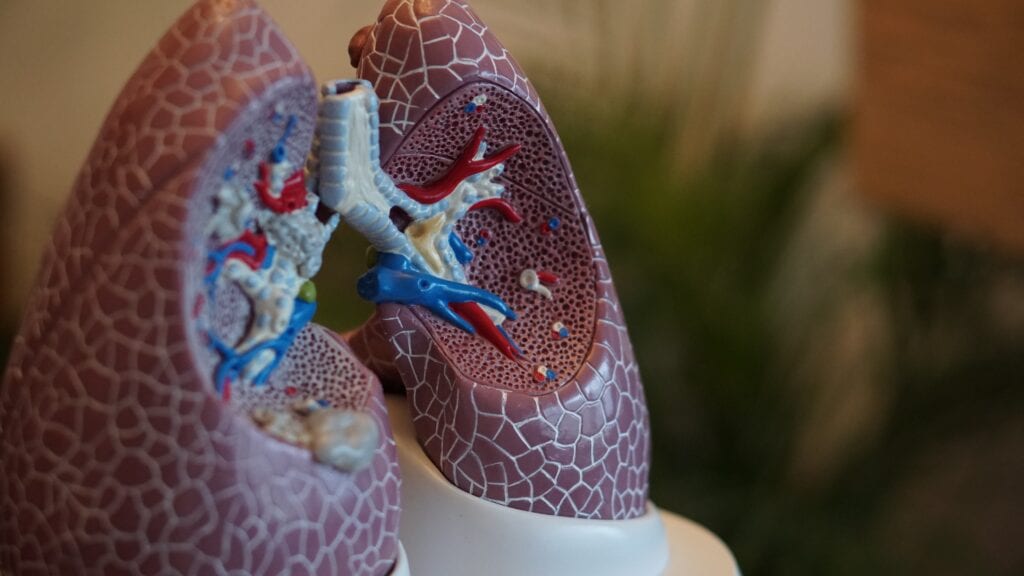As the medical field advances, so do drug therapies and treatment options. According to Asbestos.com, which is headed by The Mesothelioma Center, a novel immunotherapy drug called ramucirumab significantly improves patient outcomes for those with pleural mesothelioma when added to chemotherapy treatment.
Ramucirumab
Ramucirumab, marketed as Cyramza, is a fully human monoclonal antibody. The FDA approved it for the treatment of solid tumors in patients with:
- Hepatocellular carcinoma
- Metastatic colorectal cancer
- Advanced or metastatic stomach or gastroesophageal junction cancer
- Metastatic non-small cell lung cancer
Ramucirumab works by targeting and restricting proteins which stimulate tumor blood vessel growth.
Data from Italian Study
At the 2020 ASCO Virtual Scientific Program, Dr. Maria Pagano, MD, presented on the results of the Italian Rames Study. This double-blind, randomized Phase II clinical trial sought to understand whether ramucirumab was effective and safe when combined with gemcitabine. Information on the study includes:
- 161 patients total. 81 patients were treated with a combination of ramucirumab and gemcitabine. 80 patients were treated only with gemcitabine.
- 119 patients (73.9%) were male.
- 7.5 months: average progression free survival rate for patients only receiving gemcitabine
- 13.8 months: average progression free survival rate for patients receiving the drug combination
Overall, ramucirumab nearly doubled the average survival rates for patients, halted disease progression, and had minimal side effects. The largest experienced side effect was hypertension.
Other Research
At the ASCO meeting, other findings and presentations noted that:
- A phase 1 clinical trial on MGD013 showed its effectiveness in treating solid tumors, including those in patients with mesothelioma.
- Adding durvalumab to chemotherapy improved survival rates, with a median survival rate of 20.4 months. Now, durvalumab will be studied in a Phase 3 clinical trial.
Want to check out some of the presentations? Head over to the ASCO Meeting Library.
Mesothelioma
Mesothelioma is a rare cancer which affects a thin tissue layer that covers most organs. Peritoneal or pericardial mesothelioma mostly affects abdominal, cardiac, or testicular tissue. Pleural mesothelioma, however, impacts the pleura (the protective lining of the lungs). About 75% of mesothelioma cases are pleural mesothelioma.
The condition results from asbestos inhalation. However, symptoms don’t appear for up to 50 years following exposure. As a result, patients are usually age 70 or above. Symptoms include:
- A persistent dry cough
- Shortness of breath or trouble breathing
- Anemia
- Unintended weight loss
- Chest, rib cage, and abdominal pain
- Abdominal and pulmonary fluid buildup
- Abdominal swelling
Learn more about mesothelioma here.







